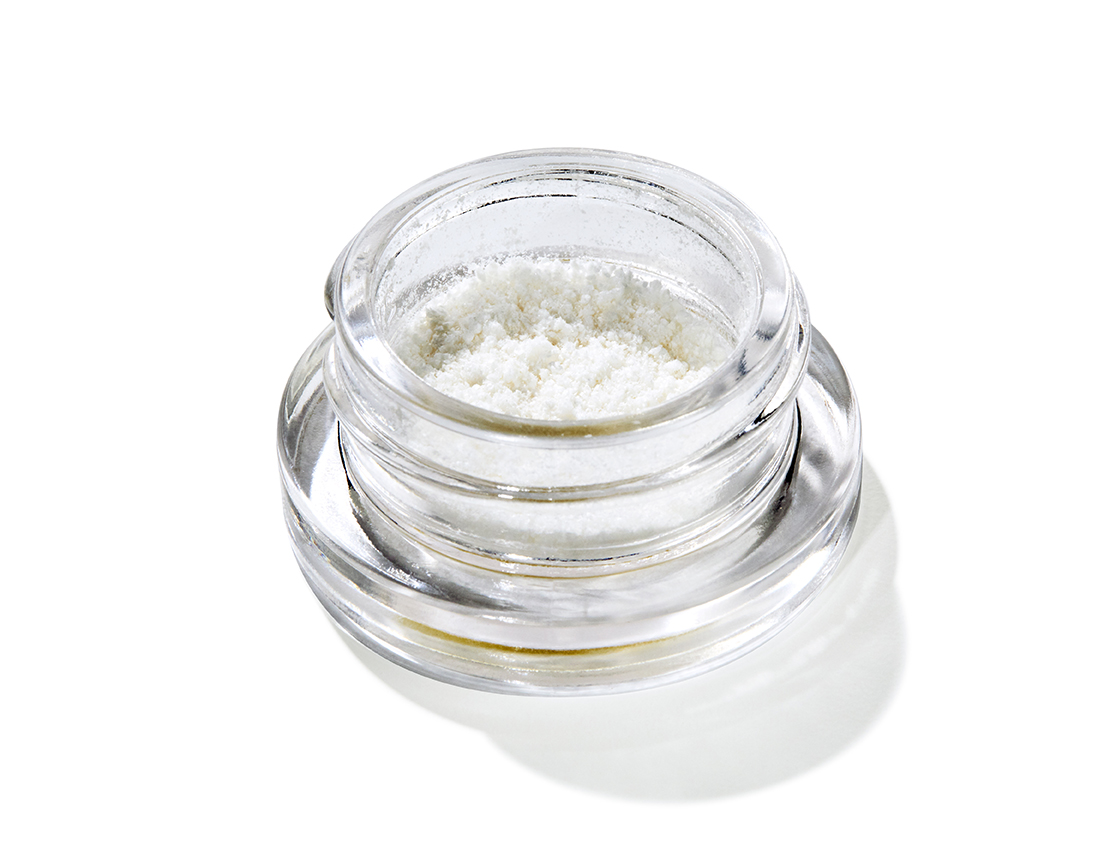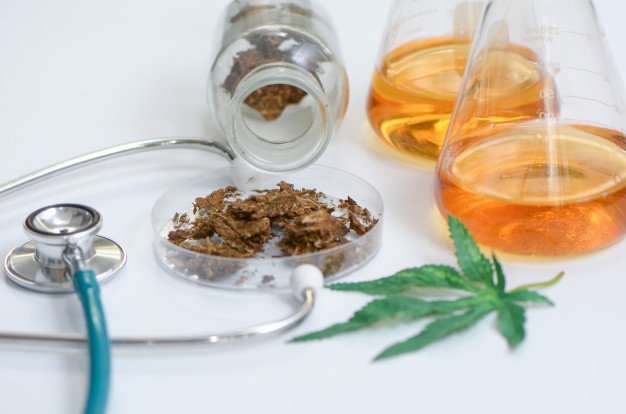The use of Turmeric is creating a medicinal value for many patients around the world. Plant products have been a part of human development for centuries. Similar to animals, human civilization would not have reached today’s level of advancement without the help of plants. One of the many uses of plants is to provide a natural defense against infection and disease. Many pharmaceutical products used today resulted from exploiting the medicinal value of plants.
Before modern pharmaceutical companies started developing commercial medicine derived from plants, many cultures around the world used plants to cure various ailments. Even now, with modern medicine, many people still prefer traditional medicine. One of the prime examples is Ayurveda. It is an Indian holistic system of curing diseases, including cancer. The approach consists of using primarily plant-based medication.
How vital is turmeric in traditional Ayurveda?
According to research published by Newman and Cragg in 2007, 61% of all small-molecule pharmaceutical drugs introduced between 1981 and 2002 can be traced to natural or plant products. Although a majority of drugs today are synthesized from a combination of chemical and natural products, it is proven that using plant-based medication is more suitable for human consumption.
One of the most common plants used in Ayurveda is turmeric. According to historical research, the medicinal purpose of turmeric can be traced as far back as 4000 years ago. In Southeast Asia, turmeric is not only a common spice used in cuisine but also plays a role in many religious ceremonies. For the past 25 years, modern medicine has been recognizing the medicinal importance of turmeric. With thousands of publications regarding the studies conducted on turmeric, the world is beginning to notice why traditional medicine has significantly relied on turmeric as a primary remedy for various ailments.
What is turmeric, and how is it cultivated and processed?
Turmeric came from India and spread throughout the world because of the spice trade. In the tropics, this spice is cultivated widely, and each country or culture has a different name for this herb. But the common name turmeric came from ‘terra merita’ which is a Latin word meaning meritorious earth, which is a description of how the spice resembles a mineral. The plant Curcuma longa, which produces the rhizome turmeric is from the same family as ginger. The turmeric rhizome can be consumed fresh, or dried and ground into a fine powder. Today, not only is this traditional medicine is available in spice form, but you can buy turmeric shots which are ready to drink or mix with food and beverage.
Traditional medical applications of turmeric:
Ayurveda widely uses this medicine for treating different health problems, including arthritis relief, dispelling intestinal worms, and removing gallstones. In other Asian countries, turmeric is often used as an antiseptic to clean wounds and burns. In countries like Pakistan, turmeric is a common remedy for irritable bowel and other gastrointestinal problems.
Because of the prevalence of this traditional medicine, modern pharmaceutical research facilities have begun conducting clinical research and tests to determine the viability and effectiveness of turmeric in treating various diseases, including cancer.
Read Also:























